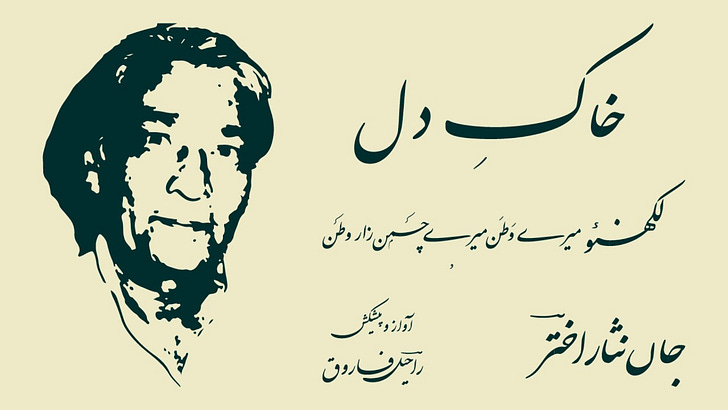Today is my grandfather’s death anniversary. It is so according to the Malayalam calendar. A Gregorian one suggests it is a month from now. Fair enough, I will remember him twice.
Yesterday, I looked up an old journal of mine. It was my first diary. It spanned three years of teenage poems, bad doodles and self indulgent reports of my days. I picked it up with a vague memory of a sketch of my grandfather I thought I had made. I found one, but it wasn’t what I was looking for. It was a portrait of Mark Twain.
(I can safely attest that I’m not his grandson.)
Instead of the sketch, I found a note on him. The last note on that diary. It sounded a little like these letters I write here. The date the third of May, 2007. The note was a bare two pages of the things he told me an hour before I wrote it. Things like his yearning for death, his wishes for his cremation and his philosophy behind it all. It was a record of my last real conversation with him, bar the ones we do over phone calls.
Two years and some months from that day, he passed away. The rest of the pages of my diary, and there were many, remain empty. I found it apt. The light that sparkled throughout my childhood gone, taking my childish words along.
Later, in the sombre air of the day, I got thinking about a poem.
It was Khak E Dil by Jan Nisar Akhtar. It was written on the passing of his wife in Lucknow, while he was working in Bombay. He wrote it sitting in the train. It is grief and mourning and longing. It is the mud falling soft on the buried from the hands of a loved one. It is beautiful and epic.
I wanted to read its translation. Sometimes you do.
I couldn’t find one though. And I wondered, how would someone translate this? Will it not diminish it? Would you take the literal meaning or the metaphorical? Would you change the lyrical order or trade the rhythm? How do you translate the rhythm and the pain seeped in these words anyway? How do you bring the beauty of poetic compound words out in a language where it is just used objectively? I thought of many such questions.
As if in answer to all this, I found J Devika’s interview. She’s a translator of Malayalam literature, having been the English voice of some of our stalwarts from Kerala including Lalithambika Antarjanam and more recently KR Meera, besides being an essayist, scholar and author in her own right.
She breaks down the creativity and the craft of her line of work into three succinct points of pursuit. And reading it I realised that translating is writing. If I wonder how someone would translate Khak E Dil, then the answer will evade me the same way that it will if I wonder how Akhtar wrote it. It is an entirely different work, while remaining the same; the pain and grief might be the same, but the beauty changes with the language.
It reminds me of another Malayali - OV Vijayan, and his work The Legends of Khasak, that literally changed the entire Malayalam literature. OV translated the Malayalam novel to he wrote in 1969 to English himself, in 1994. In a review that speaks for many others, the reviewer says -
There are significant differences between the original version in Malayalam and the translated version in English. Although the translation was done by the writer himself, the intensity of the novel is considerably lower in the English version…
Reviews like this made me not read the book till now, because I don’t know how to read Malayalam well, but at the same time I didn’t want a watered down book in English. How wrong it seems today.
For today I realise that I can read both. And I can enjoy both as two different books on the same story. Which is perhaps why OV changed things up in his translation. It wasn’t just the rhythm or the intensity, but it is the nature of a language, which itself is a setting, different from the place and people it describes. And so you don’t compare, but you laud, for it is now transitioned, grown out of its old world.
In other news, I am thinking to not send my Thursday newsletters out on email. I shall be writing them here still, but will include them as links in my Sunday Daaks. When I started I wanted it to be something else, the two mails, but they seem to have merged into one. And I don’t want to crowd your inbox with the same things. Would you prefer that?
In the spirit of translations, southern literature and everything, KR Meera’s latest one is out and so is Perumal Murugan’s first.
In second spirit of translations, this essay by Idra Novey on Writing While Translating is good space to wade into.
In a spirit away from translations and the south, I chanced upon this list of top ten modern poets.
OV and my grandfather were both born in Palakkad, Kerala and they both were cremated in Thiruvillamala on the banks of that great river Bharatapuzha. It was one of the things he had wished, said my diary.


